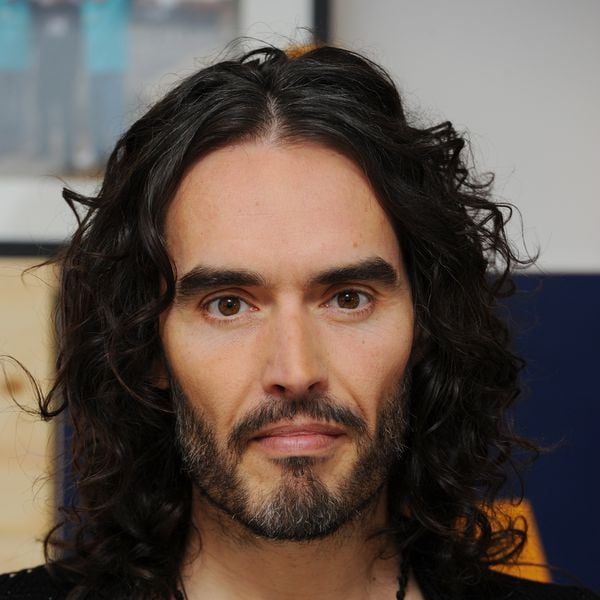By Gavin Mackintosh-
The BBC has taken Russell Brand(image)off i player, YouTube, a Google-owned platform, has taken a significant step by suspending advert monetization on Russell Brand’s videos following allegations of rape and sexual assault against the comedian.
The BBC has also responded by removing some of Brand’s content from iPlayer and BBC Sounds.
The step was made by suspending advert monetization on Brand’s videos, following ongoing discussions and actions around the allegations of rape and sexual assault against the comedian.
YouTube, a platform with a vast creator base, asserted its stance on creator responsibility in light of allegations against Russell Brand.
The company temporarily suspended the monetization of Brand’s channel, citing violation of its Creator Responsibility policy.
This move, according to a YouTube spokesperson, aims to protect the community from potential harm caused by the creator’s off-platform behavior.
The suspension applies to all channels associated with Russell Brand.
Grays born Russell Brand , though controversial, was once a television hit, and celebrated by many, including Hathaway Academy where he attended secondary school.
He is known to have visited the school in 2014, where he was received with open arms by pupils and authorities of the school.
Today, the school, which at the time of Brand’s visit to his old school 9 years ago, responded to an inquiry from The Eye Of Media, was silent when we asked for its reaction to the recent allegation against its former star pupil.
The former influencer’s reputation has now been severely tarnished by the scale of the allegations, and the radical steps taken by so many organizations to distant themselves from Brand-who is also the authour of a number of books.
A burning question is whether the steps collectively are legally defensible in the absence of concrete evidence, proven in a court of law.
However, other factual evidence about the comedian’s past evidence may be enough for the media and other organizations to take the steps they have taken.
Ethical Considerations
In the wake of sexual assault allegations made by four women against Brand between 2006 and 2013, the BBC’s decision to suspend Brand from i player, and YouTube’s decision to suspend ad revenue on Brand’s videos can be viewed as an ethical stand in solidarity with the complaining women and all victims of sexual assault.
Staff of the well-known comedian were said to have been ordered to pick out women from his audience, whom he found attractive, to obtain their telephone numbers, so that he could indulge his lustful sexual gratifications.
They often yielded to his requests, whilst other female staff were behind the scenes, warned about this predatory behaviour.
It would eventually take over a decade for complainants to come forward, following a joint investigation by The Sunday Times and Channel 4 Dispatches .
The collective stand by the three platforms reflects a commitment to supporting and protecting those affected by alleged abusive behavior, a crucial step in the current climate of increased awareness regarding sexual assault.
The Balance of Accountability and Theoretic Until Proven Guilty Presumption of Innocence
Brand, 48, has staunchly denied all allegations against him, stating that all his relationships have been consensual.
From a legal perspective, allegations are yet to result in charges against Brand, emphasizing the principle of “innocent until proven guilty.” The legality of YouTube’s decision may hinge on whether off-platform behavior, though unproven, warrants punitive actions within the platform.
YouTube’s approach raises the question of how far a platform can extend its jurisdiction beyond the confines of its digital space. It ignites a broader conversation about the delicate balance between creator accountability, freedom of expression, and the rights of the accused.
Financial Impact on Russell Brand
Russell Brand’s prominence in the digital realm has significantly contributed to his earnings, with YouTube being a major source of income. Estimates suggest he could earn between $70,000 and $1 million annually from advertising revenue generated by his YouTube videos.
The suspension of ad monetization may have a substantial financial impact on Brand, emphasizing the gravity of YouTube’s decision in standing against alleged harmful behavior.
While YouTube’s decision is aimed at protecting its community and aligning with ethical values, the legal implications and impact on Brand’s livelihood could raise critical questions about the balance of power, responsibility, and the evolving landscape of online accountability.
This situation could set a precedent for how platforms address allegations against creators, making it a critical issue in the digital age.




